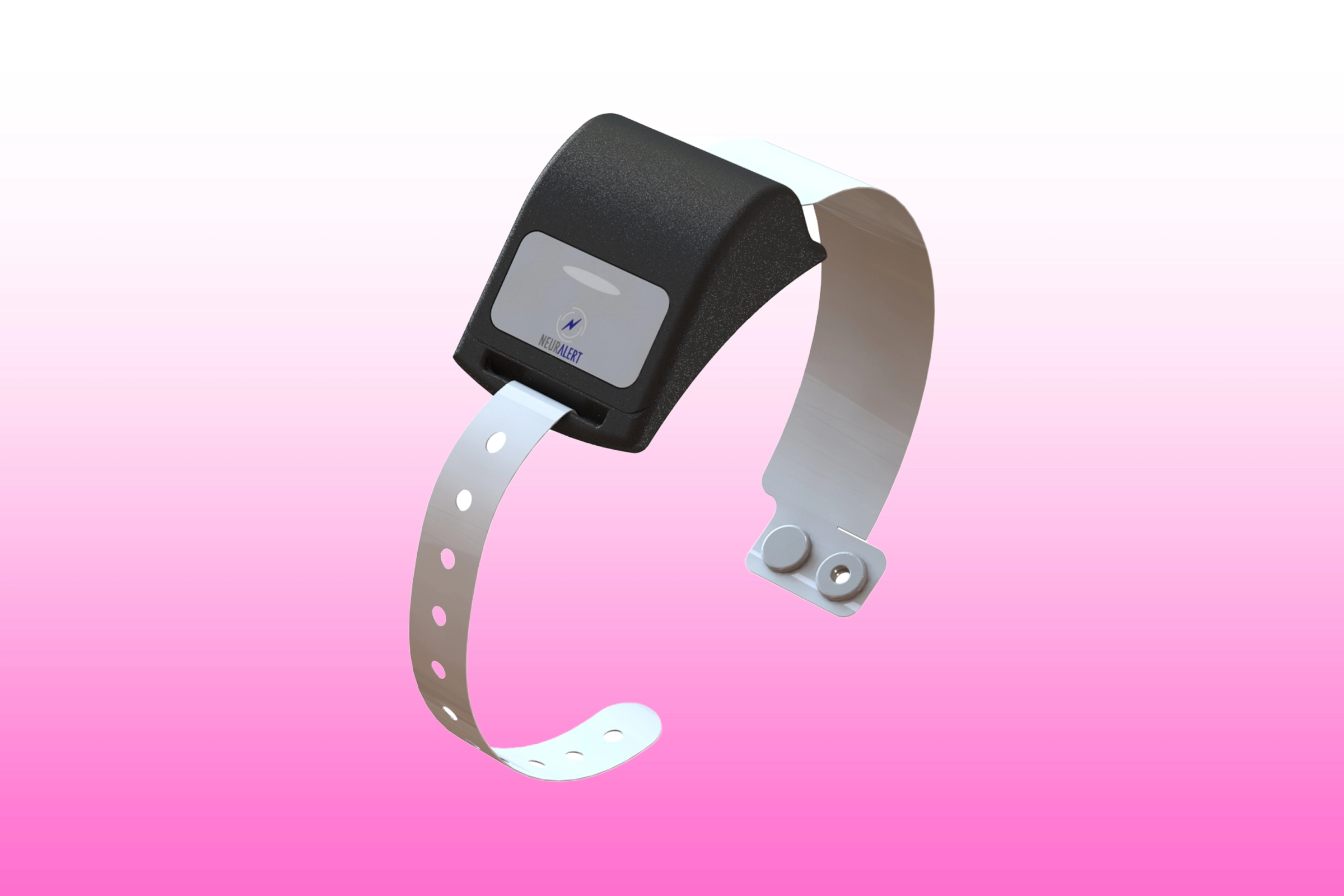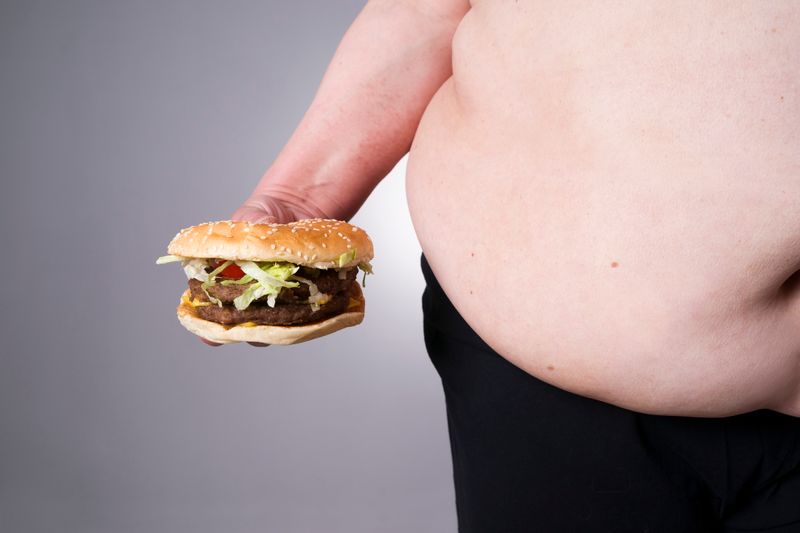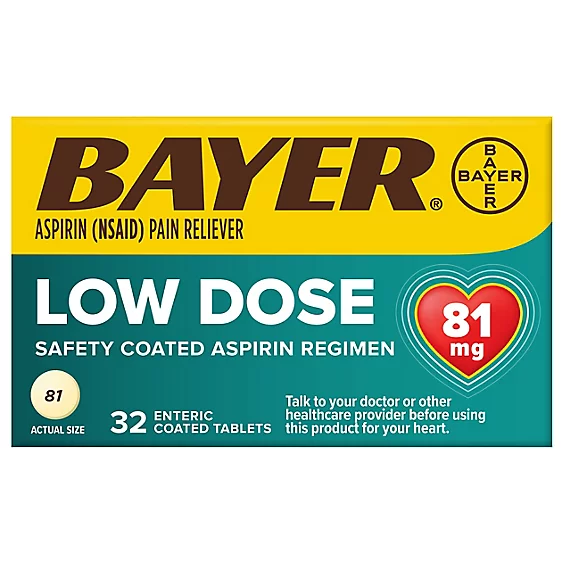Obesity is a huge problem in our country, and can lead to heart attack, stroke , high blood pressure and many other negative health impacts. Lowering your cholesterol and limiting alcohol can also reduce your risk of a major cardiovascular event like a heart attack. The odds of getting cardiovascular disease in our 60’s are high. 77.5% of males and 75.4% of females between the ages of 60 to 79 have it, according to the American Heart Association (AHA). Common symptoms of a heart attack are chest pain or discomfort, shortness of breath, feeling faint or weak, and pain in your jaw, neck, back arms or shoulders. Other signs include unexplained fatigue, nausea, vomiting and light-headedness. “Even as little as a 5 to 10 percent decrease in your body weight can have a huge effect on your blood pressure and other risk factors,†Dr. Donald Lloyd-Jones, president of the AHA, told AARP Bulletin (August-September Issue, page 51).









